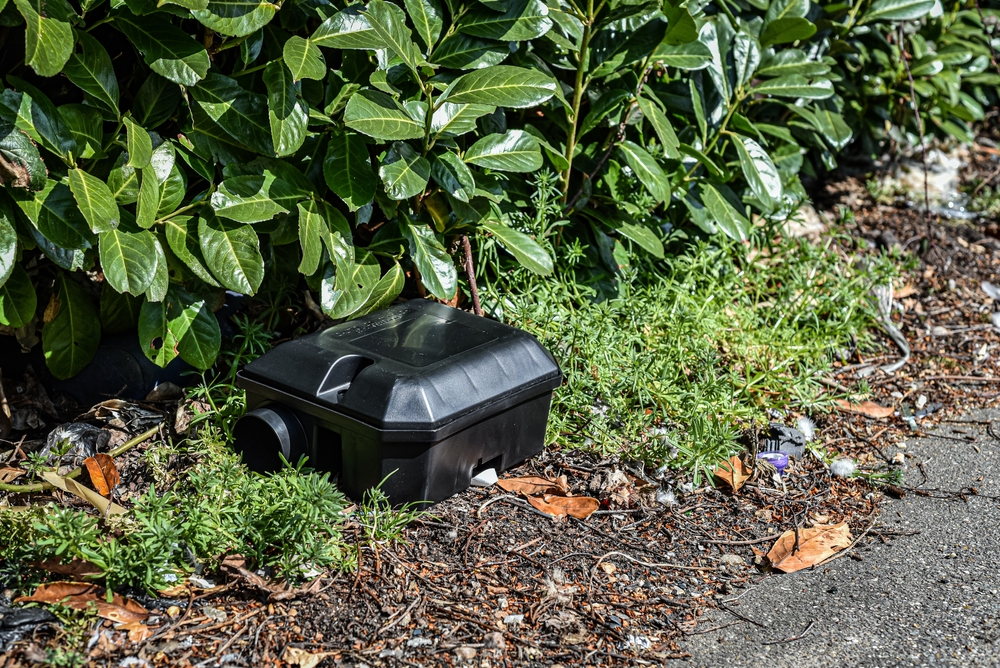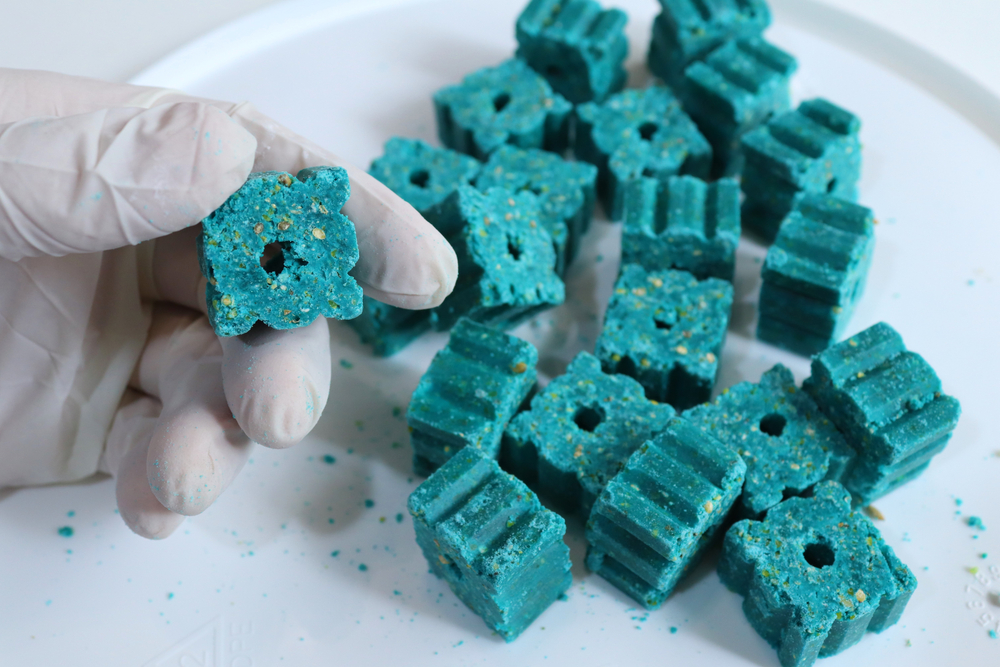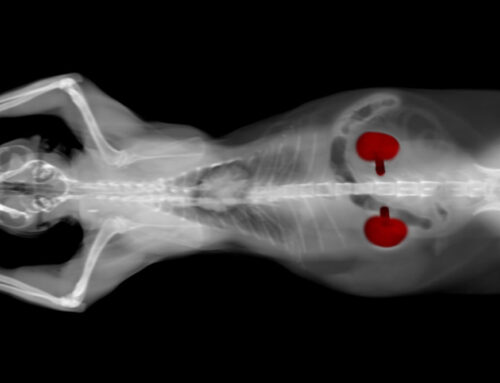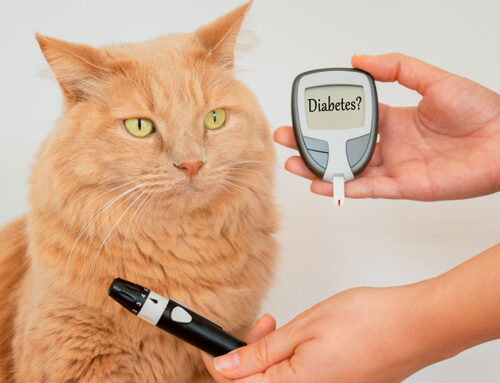The ASPCA Animal Poison Control Center takes thousands of calls yearly, and tracks which poisons most commonly affect pets. Rodent poison tops the list each year and is expected to stay, as ingredients evolve and more effectively kill intended and unintended targets, including pets. The Greenfield Veterinary Clinic team wants pet owners to understand how rodenticides can impact their pet’s health and what they must do if they suspect ingestion.
Rodenticide types and ingredients
Previously, the most common rodenticide type was anticoagulant, which causes death by internal bleeding. Now, many rodenticide types with various ingredients, concentrations, and modes of action are available, and many are designed to taste good, which attracts not only rodents, but also pets, livestock, and wildlife.
The four most common rodenticide types that cause toxicity in pets include:
- Cholecalciferol — This highly concentrated, powerful type increases calcium levels in the blood, causing rapid kidney or multiple organ failures.
- Bromethalin — This ingredient affects the nervous system and causes brain swelling.
- Anticoagulant — Various anticoagulant ingredients reduce blood clotting ability and cause blood loss.
- Phosphides — Zinc or aluminum phosphides mix with stomach acid and produce toxic phosphine gas, which damages the GI tract, lungs, and other internal organs.
Pet rodenticide toxicity signs
Pets become poisoned when they directly ingest baits, which may be placed in various locations in and outside of homes, on farmland, and in outbuildings. While theoretically possible, the veterinary literature has not yet documented toxicity from ingesting a previously poisoned rodent. Signs may develop in only a few minutes or hours, but often take several days, depending on the product and the amount ingested.
Possible rodenticide toxicity signs include:
- Bleeding or bruising
- Lethargy
- Seizures
- Altered mental status
- Increased drinking and urination
- Weakness or collapse
- Difficulty breathing
- Vomiting or diarrhea
- Abdominal pain
- Colored dyes in the stool
What to do when you suspect your pet ingested rodenticide
Immediate action can save your pet’s life when you suspect rodenticide ingestion. Whether your pet shows clinical signs or is acting normally, seek care immediately with our Greenfield Veterinary Clinic team or the nearest veterinary emergency hospital, so they have the best chance at a full recovery.
You should also call either the ASPCA Animal Poison Control Center or the Pet Poison Helpline, ideally en route to the hospital. Provide them with as many details as you know, including the bait type, brand, and amount ingested, and take the packaging. Share your pet’s health history and current clinical signs if you aren’t sure about how your pet was exposed. Calling these hotlines opens a case and assigns a professional toxicologist to guide your veterinary team through your pet’s treatment.
Treatment for rodenticide toxicity in pets
In most cases, the first treatment step is decontamination, which can be accomplished by vomit induction, activated charcoal administration, or both. Depending on the poison type, your pet may need several activated charcoal doses over hours or days in the veterinary hospital. The veterinary team will perform blood, urine, and imaging tests when your pet arrives at the clinic and will recommend repeating these tests to monitor for organ failure signs.
If the poison type and its toxic effects are known, your pet can receive counteracting treatment. Most pets will be hospitalized at least overnight, and many must be monitored for several days in case their condition worsens. Anticoagulants can be counteracted with oral vitamin K1, but other poison types do not have an antidote and treatment then is largely supportive with IV fluids, targeted nutrition, and medications to protect organ function, reduce calcium levels, bind phosphine gas, or treat brain swelling.
Preventing rodenticide toxicity in pets

The best way to ensure your pets do not encounter rodenticides is not using them on your property. If you must use them, ensure they are inaccessible to pets, keep detailed records of the type and amount, and note the product’s color. Always ask about rodenticide use when visiting or staying with friends or family, and keep pets leashed in unfamiliar areas. Training your dog to “Drop it” can help prevent them from ingesting foreign objects that could contain toxic poisons.
Contact the Greenfield Veterinary Clinic team immediately if your pet ingests rodenticide during our normal operating hours, and we will advise you on the next steps. For after-hours care, open a case with one of the animal poison control hotlines and head to the nearest veterinary emergency clinic. The sooner you intervene following rodenticide ingestion, the better your pet’s chances of recovery.







Leave A Comment